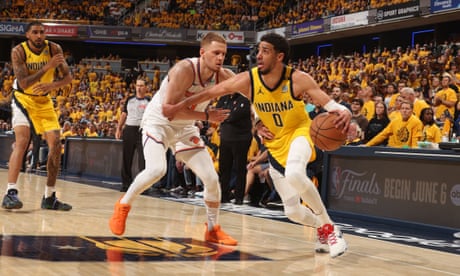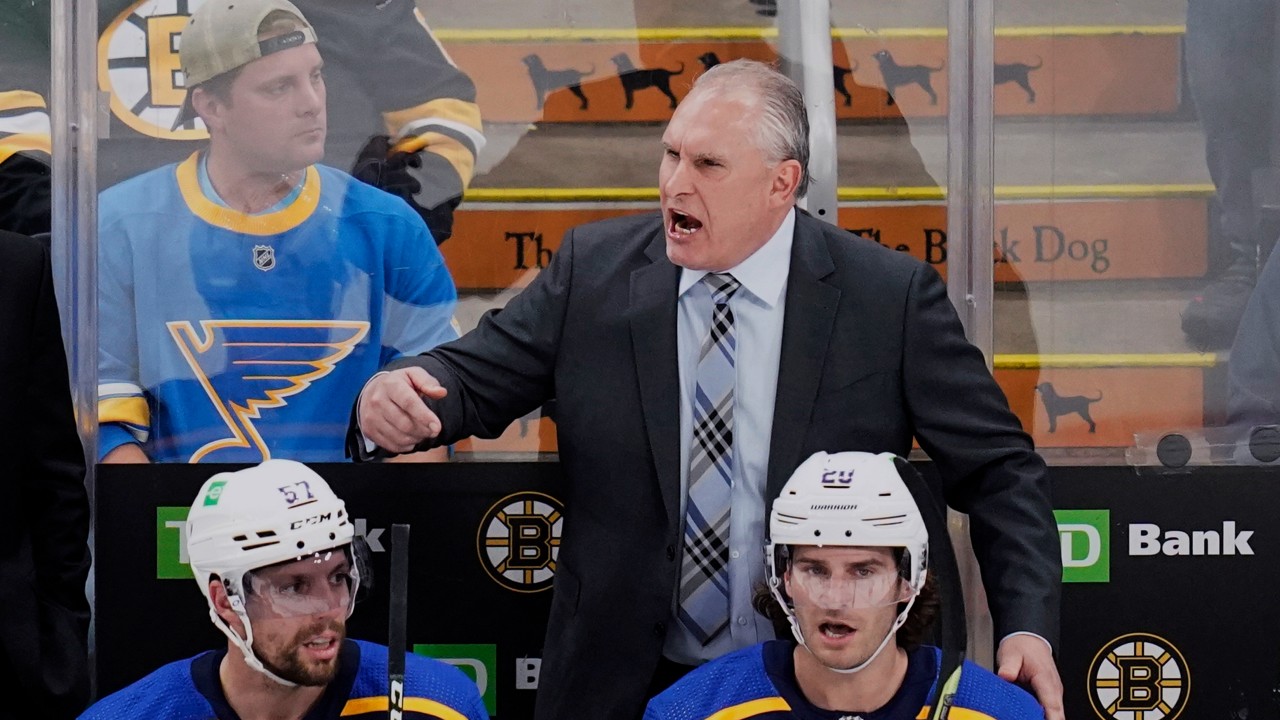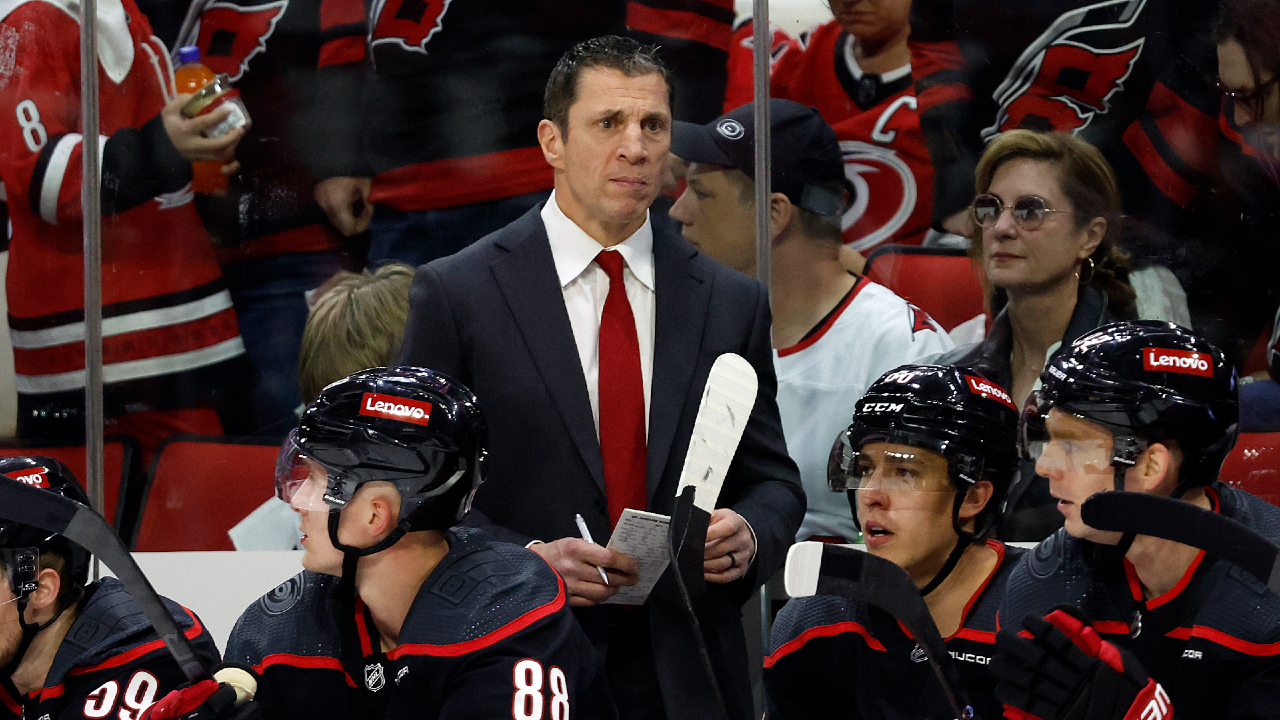
EDMONTON — If there is a better job in the world of hockey media than being asked to cover every game that Connor McDavid has ever played, what could it possibly be?
Today, if the game ever gets a tad dull, we use a trick we learned watching Wayne Gretzky during my first few years in an NHL press box. We just watch McDavid — often with binoculars— from the moment he hops over the boards, until the end of his shift, and the reward is a spin to create space that nobody else can do, or a deft pass or deke that only one player on the ice can pull off.
But you know what was never rewarding?
Talking to McDavid about it.
Full disclosure: The Oilers captain has for some time treated a media scrum like a trip to the penalty box, ready to bolt the second his time was up. He smiled little, said even less, and we always wondered why a smart, well-spoken young guy was so — what’s the word? — stingy with his words and opinions when asked for his take on all things hockey.
I don’t need to tell you this. You’re the reader, the viewer. You know.
But have you noticed that is changing?
As former Face of the Game Sidney Crosby and the Pittsburgh Penguins arrive for a Monday night meeting and their only visit to Rogers Place this season, you may have noticed his successor has become a more eloquent, patient and cooperative spokesman this season, whose answers to questions let us in more than they ever have.
Off camera, he’s hanging around to kibitz or answer a few extra questions now, something he’s never done before. He’s asking questions now, not just answering them. He’s talking football, or golf, or whatever’s going on in the world outside the locker room.
At long last, Connor McDavid is becoming a spokesman for the game, not a prisoner of it, ready to accept the role that his otherworldly game thrust upon him long before he was ready for that part of the job.
“I am older — this is my eighth season now, and I’m starting to understand how the league works a little bit better,” McDavid said during a candid conversation Sunday afternoon, before he settled into the Chiefs-49ers game.

At 25, he wants a do-over in the media. A second chance at making his first impression.
“Doing media is a part of being in the NHL, a part of my job as the captain of such a storied organization. Making it more enjoyable for myself and for you (media) guys is important,” he said. “You know, I don’t want you guys to walk in dreading to interview me, or I be dreading to answer your questions. I just don’t think a lot is gonna get done that way.”
McDavid has spent a decade in front of the camera, from the time he was granted Exceptional Player status as a 15-year-old.
Why now?
“As a hockey player, as a captain in Edmonton — a big market — it’s important that the fans hear the message from the players. And you guys write the message,” he said. “So being able to work together in a sense, to get the message across the right way, is important.
“But it’s also my eighth season,” he continued. “I don’t know a ton of you guys that well, and I think starting to build a little bit of relationship is good for everybody. For a lot of reasons.”
Look, after 35 years in the business, we get it.
The kid arrives at 18 and learns to survive his time with the media. Now, he’s mature enough to do more than just survive.
I get it: asking the questions can sometimes be hard, but answering them is a hell of a lot harder — especially now.
It’s one thing to ask a hockey player about the powerplay, quite another to request a sound bite on Hockey Canada and its current troubled state, something McDavid still struggles with.
“If you want to ask us a hockey question, we usually have pretty good answers there,” McDavid said. “But in today’s day and age, it’s not easy to answer all the questions perfectly. You’re always going to be upsetting somebody, and that’s not an easy thing to deal with when you’re younger.
“You want to please everybody, but it’s not possible to do that in the media.”
Perhaps a catalyst was when McDavid stepped in it somewhat at the NHL/NHLPA player media tour this fall, when asked about Hockey Canada.
“I’m very proud to be Canadian, very proud to represent Hockey Canada,” he said, calling the sexual assault allegations and alleged cover-ups “A situation that is terrible for everybody.”
“As terrible for the hockey players and organizers as it was for the alleged victims?” people asked.
He could have done better there, but hey — are you perfect every minute of every day at your job?
I write five columns a week. They’re not all National Newspaper Award winners, if you know what I mean.
“A lot of us have media training, but at the end of the day, it doesn’t really prepare you to handle all situations,” McDavid said. “There are things going on that are much bigger than sport, and … coming up with the perfect answer that answers the question and pleases everybody, well…
“Ultimately, there’s going to be people upset at some of your answers and people that love your answers, and you’ve just got to live with the consequences,” he said. “At the end of the day, we’re just people too. We don’t have all the answers to everything.”
He can remember when a TSN reporter and camera operator showed up at the family home to interview him about being granted early entry into the Ontario Hockey League. It was his first on-camera interview and he was nervous as heck.
“It’s certainly an interesting way to grow up,” he said with a chuckle. “When the mic’s in front of your face you want to say the right thing, or the proper thing, and get your message across, But when you’re young like that, it’s overwhelming. It can be a bit daunting, but you just get more and more comfortable as you go.”
Today, McDavid has found the confidence to admit — like a player doing extra work on faceoffs or one-timers — that he could do a better job with his media persona. That he can add to the conversation, not just survive it.
Is it a coincidence that this epiphany comes months after his young friend Ben Stelter was laid to rest, a victim of brain cancer at age 6? McDavid wasn’t sure if there was a link there, or if there isn’t.
“He certainly had an effect on me in a number of ways,” McDavid said. “It just makes you realize how precious life can be. Gives you a different perspective on life. He certainly gave me a better appreciation for the smaller things in life.”
Perhaps his media relations team, his agency, or maybe his parents or girlfriend have changed his focus. Or could it be that he’s finally figured out what awesome folks we sports writers are (kidding).
Or maybe it is as simple as this: the young superstar is simply growing up.
“Maybe a little bit of that,” he reckoned.
Then he thought about it some more.
“Yeah, I think so.”








